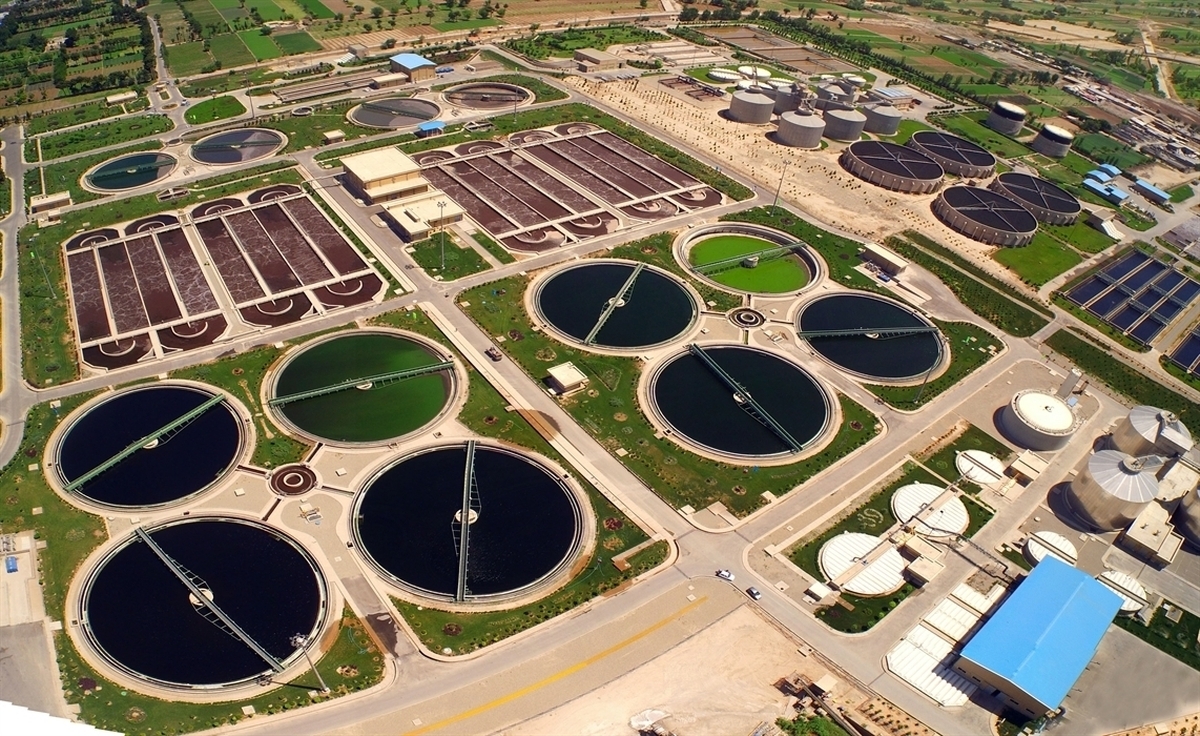Iranian Company Settles Environmental Problems of Industrial Units

“We have produced various types of devices and systems for protein, meat, refineries and oil companies to treat industrial wastewater. Recently, by using these systems and devices, we have been able to settle the environmental problems of one of the meat supplier companies,” Mehdi Etemadi, the managing-director of the knowledge-based company.
Noting that the function of this system is defined in several different parts, he said, “In one part, it has a balancing and mechanical dirt-collecting function; the dirt-collector is equipped with nano self-cleaning electrodes that can prevent corrosion and increase the life of the device.”
“The storage and grease-collecting tanks are also designed and built by using nano bubble and nano membrane technology,” Etemadi said, adding that this system has automatic control capabilities and can purify and release more than 300,000 liters or 300 cubic meters of wastewater per day into the environment without an operator.
“Using nanobubbles, the COD level of wastewater (the level of oxygen demand of suspended chemicals in wastewater) is reduced. Nanobubbles in the ozonation section (disinfection process) also completely eliminate the microbial and infectious load of wastewater,” he added.
In a relevant development in December, an Iranian company had also succeeded in production of a nanobubble generator which can be used in greenhouses and water treatment plants and has been exported to six world states.
“We are the manufacturer of nanobubble generators. This device increases dissolved oxygen in water,” said Pouya Jafari, the commercial director of the knowledge-based company.
“We used this feature of the device in three industries of aquaculture, wastewater treatment, and hydroponic and aquatic greenhouses,” he added.
“In greenhouses, if oxygen reaches 15 to 20 PPm from its saturation level of 5 to 6 PPm to plants, it has significant effects on increasing nutrient absorption, increasing final crop yield and flowering, reducing cultivation time, and keeping plant roots healthy,” Jafari said.
“This device has been exported to six countries so far, including Belarus, Mexico, Armenia, Turkey, Iraq, and Afghanistan,” he underlined.





















